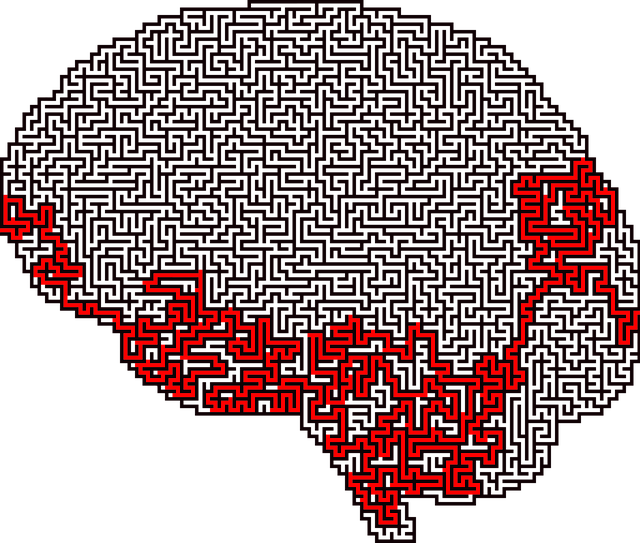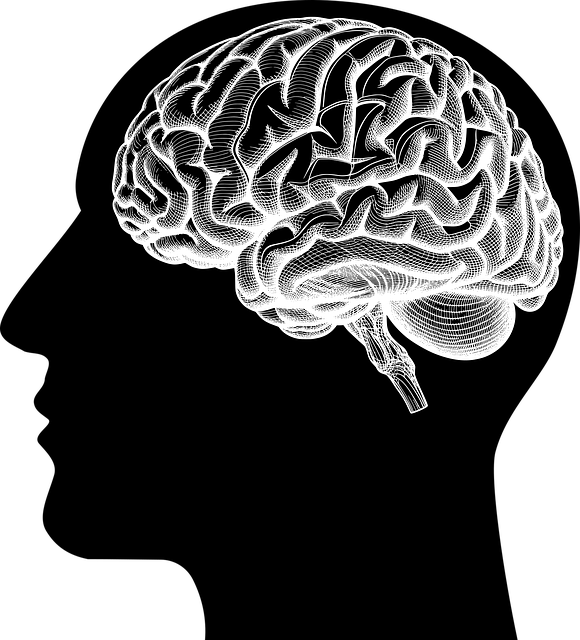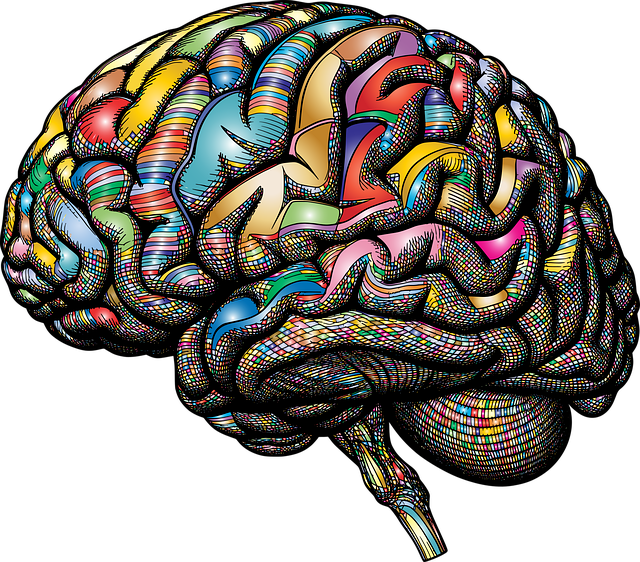Arvada Blended Families Therapy offers a comprehensive, personalized program for blended families seeking mental wellness. Their approach combines individual sessions, group activities, and family workshops to address unique challenges and complex dynamics. By integrating online tools with traditional in-person sessions, they increase accessibility and flexibility, catering to diverse learning styles. Regular evaluation and participant feedback ensure the program remains relevant and impactful, fostering continuous improvement and targeted interventions for enhanced mental wellness.
“Unleashing mental wellness potential through innovative coaching programs is the focus of this insightful article. We explore a unique therapeutic model, Arvada Blended Families Therapy, tailored for diverse communities. This approach blends in-person sessions with digital tools to offer personalized support.
The piece delves into creating customized coaching programs, measuring success, and continuously improving mental wellness interventions. Discover how these strategies cater to varied needs, ensuring optimal outcomes.”
- Understanding Arvada Blended Families Therapy: A Unique Approach to Mental Wellness
- Designing Customized Coaching Programs for Diverse Needs
- Integrating Digital Tools and In-Person Sessions for Optimal Effectiveness
- Measuring Success and Continuous Improvement in Mental Wellness Coaching
Understanding Arvada Blended Families Therapy: A Unique Approach to Mental Wellness

Arvada Blended Families Therapy offers a unique and innovative approach to mental wellness, specifically tailored for blended families. This therapeutic method recognizes the complex dynamics that arise when biological and step-parents, along with their respective children, come together. The program’s primary focus is on fostering strong family connections while promoting individual growth, ensuring every member feels heard and valued.
Through a combination of individual sessions, group activities, and family workshops, Arvada Blended Families Therapy facilitates the development of coping skills, enhances empathy building strategies, and improves healthcare provider cultural competency training. This holistic approach aims to address the unique challenges blended families face, creating an environment where open communication, understanding, and resilience can flourish.
Designing Customized Coaching Programs for Diverse Needs

In designing mental wellness coaching programs, a key consideration is tailoring solutions to meet diverse individual and group needs. Arvada Blended Families Therapy exemplifies this approach by offering customized coaching that recognizes no ‘one-size-fits-all’ strategy for mental health improvement. Coaches must assess clients’ unique circumstances—be it coping with stress, managing anxiety, or navigating complex family dynamics—to develop comprehensive programs that address specific challenges. This personalized touch is vital for fostering meaningful progress and engagement.
The process involves not only understanding the client’s immediate concerns but also delving into their broader context, including cultural backgrounds, life experiences, and support systems. Incorporating elements from various therapeutic modalities—such as cognitive-behavioral techniques or mindfulness practices—enables coaches to design flexible programs that can be adapted as clients’ needs evolve. Furthermore, integrating Mental Health Education Programs Design principles ensures that clients gain valuable knowledge about their mental health, empowering them to take an active role in their wellness journey.
Integrating Digital Tools and In-Person Sessions for Optimal Effectiveness

In today’s digital age, integrating online tools with traditional in-person sessions offers a powerful approach to mental wellness coaching. This blended model, such as what Arvada Blended Families Therapy provides, allows for increased accessibility and flexibility. Digital platforms enable clients to engage in self-care practices remotely, access recorded sessions, and utilize interactive tools tailored to their unique needs. These resources can be particularly beneficial for those with busy schedules or individuals who prefer the convenience of virtual support.
By combining digital tools with face-to-face interactions, therapists can create a comprehensive and effective therapy experience. In-person sessions facilitate deeper connections and allow for more nuanced emotional well-being promotion techniques. The integration of both methods caters to diverse learning styles and ensures that clients receive personalized guidance while also benefiting from the public awareness campaigns development around mental health.
Measuring Success and Continuous Improvement in Mental Wellness Coaching

Measuring success and driving continuous improvement are paramount in mental wellness coaching programs, especially when tailored for diverse populations like Arvada Blended Families Therapy. The journey towards optimal well-being is a dynamic process, requiring regular evaluation to ensure the program stays effective and relevant. One key metric is participant feedback, offering valuable insights into the impact of coaching sessions. This feedback can highlight areas of strength within the program as well as aspects that need refinement, guiding coaches in personalizing their approach for better outcomes.
Moreover, tracking specific mental health indicators before, during, and after the coaching period allows for quantifiable assessments of progress. By employing validated assessment tools tailored to common mental wellness concerns, therapists can measure changes in symptoms, coping strategies, and overall functioning. This data not only demonstrates program effectiveness but also fosters a culture of continuous improvement, enabling the development of targeted interventions that resonate with participants’ unique needs, enhancing the overall public awareness campaigns focused on Mental Wellness.
Arvada Blended Families Therapy offers a distinctive model for mental wellness coaching, combining personalized approaches with innovative techniques. By designing tailored programs and integrating digital tools, this method ensures effectiveness in meeting diverse needs. Continuous improvement, measured through careful assessment, allows for optimal support. Adopting these strategies, such as customized coaching and the fusion of digital and in-person sessions, can revolutionize mental wellness care, making it more accessible and beneficial to a wide range of individuals seeking balance and well-being.














